Vitamin D and D3
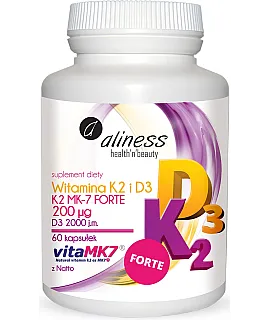
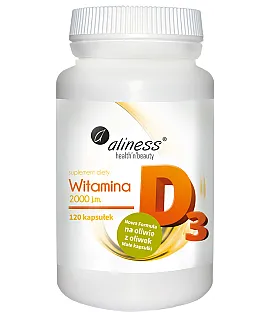


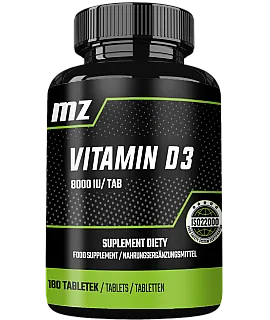

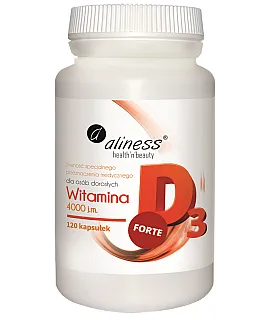



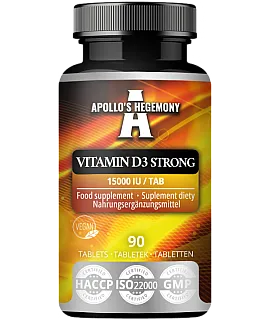


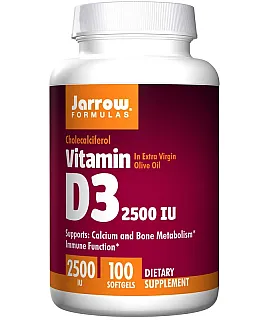
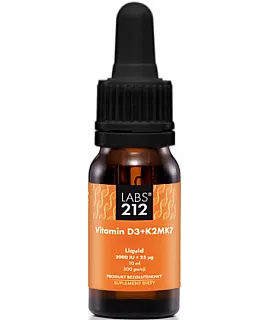
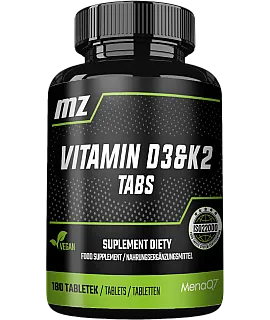

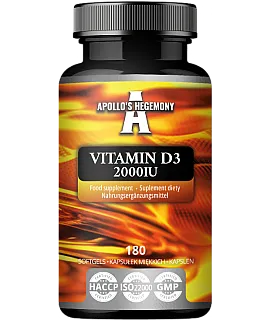

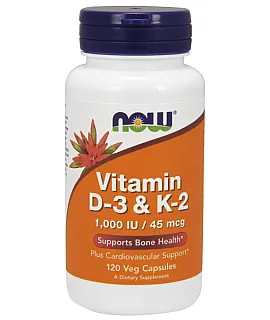
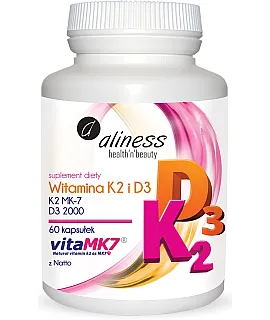




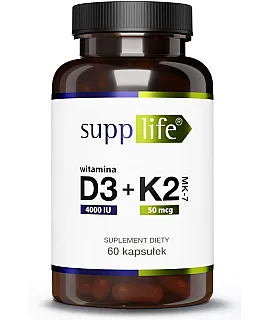
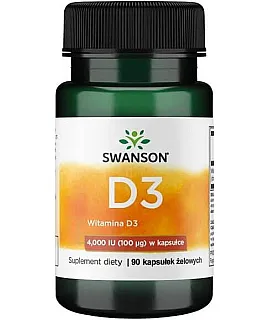
Vitamin D, also known as the "sunshine vitamin," plays an extremely important role in many areas of the body's proper functioning. It is not only a support for bones and teeth, but also a key element for the health of the immune system. Very often we hear about its deficiency, especially during periods of less sun exposure. Read more
The role of vitamin D in the body
Vitamin D is a potent regulator of calcium and phosphate absorption in our body, which is key to maintaining healthy bones and teeth. In addition, vitamin D supports the proper functioning of the immune system, which helps defend against various infections. High levels of this vitamin also help muscles function properly and improve neuromuscular function and reduce the risk of rickets in children and osteoporosis in adults.
Vitamin D dosages
Vitamin D requirements vary depending on age, health and sun exposure. For most adults, the recommended dose of vitamin D is between 400 and 800 IU (international units), but during periods of less sun exposure, these doses may be higher. Those with deficiencies or absorption problems may need even higher amounts, often under medical supervision.
Vitamin D deficiency
Vitamin D deficiency is widespread in many communities, especially in countries with low sun exposure. The deficiency can contribute to bone weakness (osteomalacia) in adults and rickets in children. Symptoms of deficiency can be very subtle and include bone pain, fatigue or general weakness. To protect yourself from deficiency, it is a good idea to check your vitamin D levels regularly.
Excess vitamin D
While vitamin D deficiency is a problem for many people, it is also worth remembering that excess vitamin D can also be harmful. It can lead to hypercalcemia, a condition characterized by too high levels of calcium in the blood, which can cause weakened kidney function and kidney stones. It is always important to supplement vitamin D with your head and after consulting your doctor.
Vitamin D supplementation
Vitamin D supplementation may be necessary for people who cannot get regular sun exposure or for those who cannot get adequate amounts of the vitamin from their diet for various reasons. Supplements are available in various forms, including tablets and capsules, as well as drops. Choosing different forms of supplementation should be thoughtful and tailored to each person's individual needs.
Vitamin D highlights:
- Vitamin D plays a role in maintaining healthy bones and teeth and supporting the immune system.
- It is recommended that vitamin D dosages be monitored and adjusted depending on a number of factors, including sun exposure.
- Vitamin D deficiency can lead to serious health problems, such as rickets and osteomalacia.
- Excess vitamin D, while rare, can be just as dangerous.
- Vitamin D supplementation should be done after consultation with a doctor and tailored to individual needs.